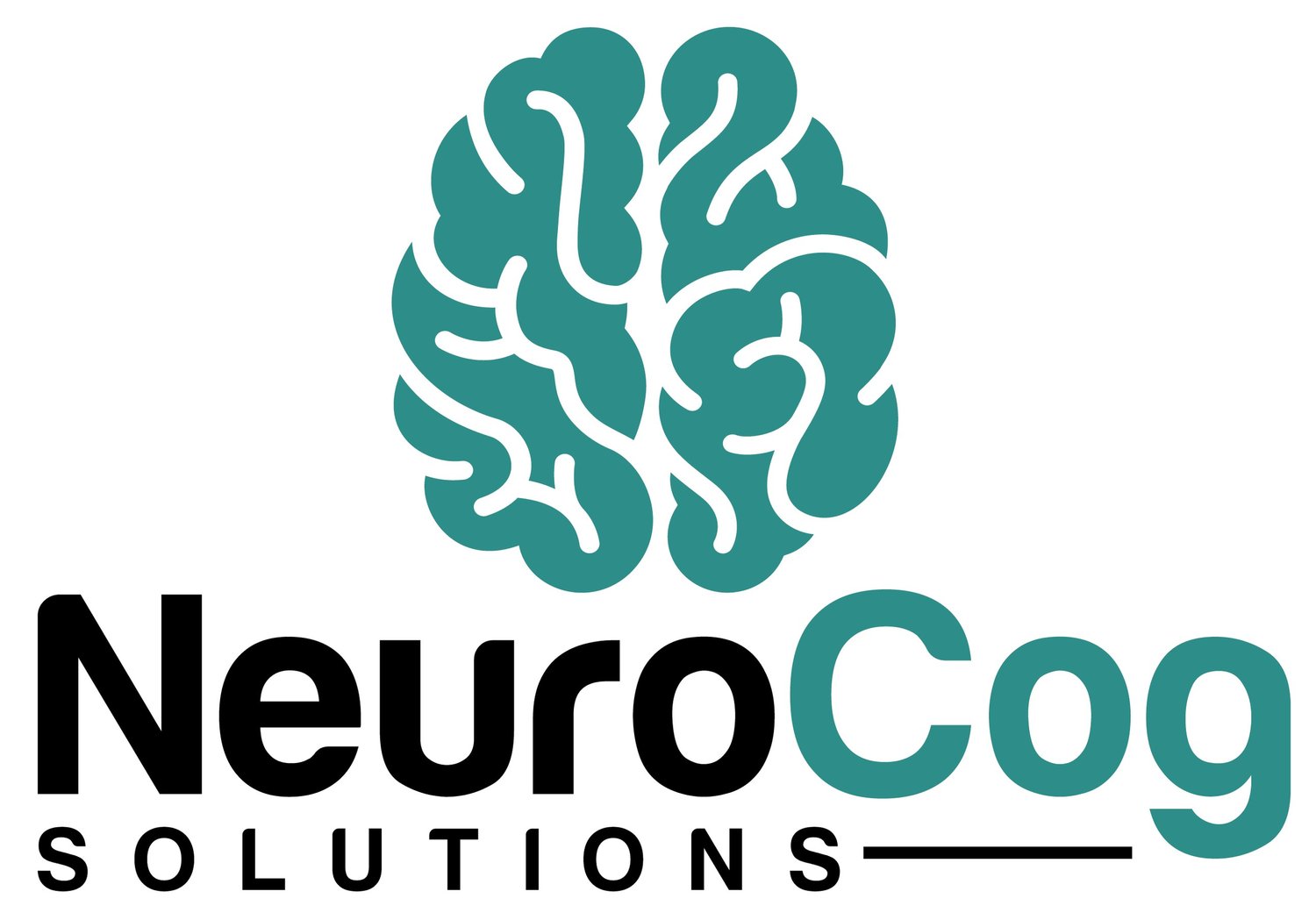
Counseling Services
Our Mission is to provide our patients and their families with the best possible tomorrow.
Our patients are trying to manage or overcome life changes due to brain injuries or diseases, but they are not the only ones who need to manage change. Many of them have amazing family, friends, and loved ones who do what needs to be done to help them through their challenges. We want you to know that we see you and that we’re here for you.
This is why we also offer counseling at our practice, NeuroCog Solutions. We have a welcoming staff of psychologists and social workers who also intimately understand the challenges that come with brain injuries and other neurological diseases. If you are in need of support, please reach out to us and set up an appointment.
Our approach to counseling
We are committed to addressing each person's goals, needs and preferences in treatment. We use a collaborative approach to develop a treatment plan and monitor progress towards your goals. Counseling is an active process that requires work both in and out of session. Each provider has a different approach to therapy and we encourage you to learn more by reading their bios. Cognitive Behavioral Therapy is the most frequently used method of treatment, but we also utilize various other methods such as Mindfulness-based Stress Reduction, Acceptance and Commitment Therapy, Motivational Interviewing, and Solution Focused Therapy.
Regardless of the provider, our practice is solution focused, as we aim to find practical strategies to improve every day life, even in the face of seemingly unsolvable problems. You may not be able to control certain aspects of the problem in front of you, but you can control your reaction to it and the choices you make next.
Counseling in the context of chronic illness
Our providers have expertise in counseling individuals with neurological disease, injury and/or chronic illness. Coping with injury or disease can be difficult. Treatment can focus on adjustment to injury/disease and management of cognitive, emotional and behavioral changes.

Caregiver Support
We know that providing care to a family member with a brain injury or disease can be difficult.
Support for Caregivers
Caring for a loved one with dementia or brain injury can take a toll on emotional, physical and financial well being. Caregivers are at increased risk for depression, anxiety, stress and social isolation. Family members and caregivers often report that they are most affected by the emotional and behavioral changes in their loved one. In addition, caregivers may neglect their own health because of the demanding role.
Common challenges include:
Coping with role changes
Grieving the loss of someone still living
Managing reactions to new behaviors
Frustration of frequently repeating oneself
Stress of making decisions for the future (e.g., living situation)
Managing the uncertainty of the future
Managing negative thoughts and reactions about their loved one
Trouble finding resources in the community
Trouble finding time for self-care
How can caregiver counseling sessions help?
We will talk about your unique challenges and problem solve solutions. Even if you feel stuck or trapped, there may be resources or strategies to improve the current moment and plan for the future.
Learn about community resources and life planning
Our social workers have in depth knowledge about community resources and life planning. They will listen to your needs and develop a plan to help you navigate changes in your loved one and prepare for the future.
You don’t have to go through this process alone. Our providers have a wealth of information and helpful tips to manage difficult changes in your life and the life of your loved one. While grief and loss is often still part of the processs, our support services offer small solutions to today’s problems and help identify what tomorrow may bring.



